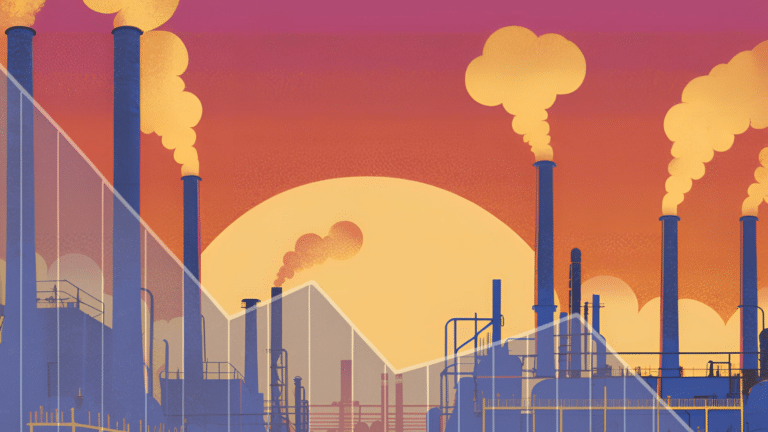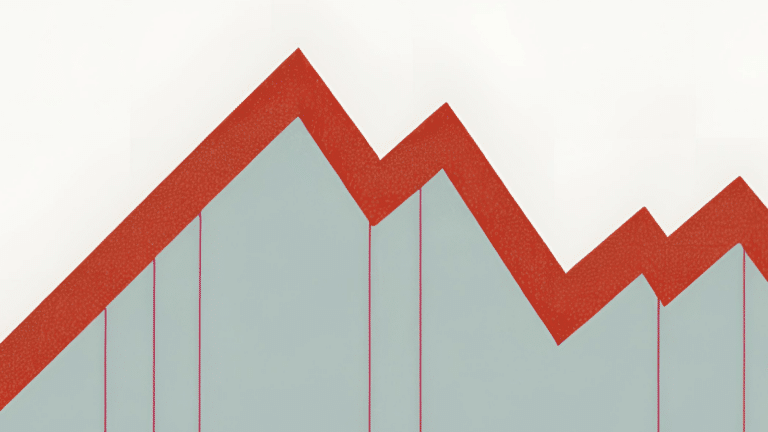How Trump could undo portions of Biden’s climate legacy
Biden's most recent climate initiatives are all but certain to be short-lived, mostly thanks to an obscure law that tends to come into play every four years.
Current Access Level “I” – ID Only: CUID holders and approved guests only. Building Access: Normal building operating hours with exceptions. Read more about the campus status level system and campus access information. See the latest updates to the community regarding campus planning.
Reports by , , • December 20, 2016
By Laura El-Katiri
[DOWNLOAD THE FULL REPORT HERE]
Oil price swings are not only a problem for consumer countries but also for producers, particularly those with oil sectors that have a central role in their economies. In a new report by the Center on Global Energy Policy, author Laura El-Katiri explores the response to a downward cycle in oil prices and dwindling revenue streams by the Gulf Cooperation Council (GCC) economies– Bahrain, Kuwait, Oman, Qatar, Saudi Arabia, and the United Arab Emirates (UAE).
Key Findings:
China’s demand for oil, long an important driver of global oil demand growth, slowed dramatically during January–September 2024. Between 2000 and 2023, China accounted for 50 percent of...

The US Federal Reserve (Fed) commenced its monetary easing cycle on Wednesday with an aggressive 50 basis points policy rate cut. The United States is not alone in...

As new industries are emerging to support the energy transition, anti-corruption sanctions are an important part of the international effort to ensure that the global economy operates on...

Full report
Reports by , , • December 20, 2016